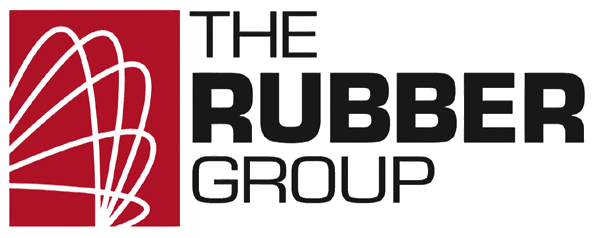Rubber bellows may not be the first thing that comes to mind when you think about industrial sealing components, but they play a crucial role in various applications across industries. These accordion-like, flexible structures are used for a multitude of reasons, from sealing to dampening vibrations and compensating for misalignment. This article will explore why rubber bellows are widely used, why rubber is an ideal material, considerations when choosing a bellow, and the reasons you need an experienced rubber molder for the best parts.
Why rubber bellows are critical components in a variety of industries
Flexibility: Bellows can expand and contract while maintaining their structural integrity. This makes them ideal for applications where movement, misalignment, or vibration needs to be accommodated, such as in automotive steering systems and HVAC ducts.
Sealing and Protection: They are excellent at sealing against dust, dirt, moisture, and other contaminants that could lead to premature wear or damage. In hydraulic and pneumatic systems, rubber bellows help keep vital components protected from external elements. Bellows are critical to the protection of drive systems to ensure smooth and reliable operation in dirty environments.
Compensation: Bellows are adept at compensating for thermal expansion and contraction, making them valuable in applications where temperature variations are common.
Dampening: They are used to absorb shocks and vibrations in machinery, reducing wear and tear on components and enhancing overall system durability.
Why rubber is an ideal bellow material
Elasticity: Rubber possesses natural elasticity, allowing it to return to its original shape after being stretched or compressed. This property ensures that rubber bellows can withstand repeated movements without losing effectiveness.
Resistance: Rubber is resistant to a wide range of environmental factors, including chemicals, UV radiation, and ozone. This makes it a durable choice for outdoor and industrial applications.
Sealing Properties: Rubber has a natural ability to create an effective seal, which is crucial in applications where leakage is not permissible.
Cost-Effective: Rubber bellows are generally more affordable than bellows made from some other materials, making them a cost-effective solution for various industries. Rubber is an ideal material for regular flexing due to it’s ability to recover without breaking down.
Considerations when designing rubber bellows
Environment: Consider the operating environment, including temperature, chemicals, and exposure to UV radiation. If the bellows will come into contact with chemicals, it’s essential to ensure that the chosen material is chemically compatible and won’t degrade or react adversely.
Movement: Determine the range and frequency of movement the bellow will experience; speed can also be a factor to consider.
Sealing Requirements: If sealing is essential, choose a material with excellent sealing properties. Rubber is typically a good choice for sealing applications.
Size and Shape: Consider the size and shape of the bellow to ensure it fits within your system without interference. Shapes can be irregular, complicating the performance and, therefore, the design of the resulting bellow.
Challenges when molding bellows
De-molding: The demolding procedure is an often ignored component of producing molded components. It is critical to have a solution in place for de-molding hollow parts with convolutions. Improper de-molding will increase scrap costs, leading to an increased purchase price. It has the potential to deform or improperly stress the part, leading to failures in operation. An experienced bellows producer such as The Rubber Group knows how to avoid these pitfalls.
Material Selection: Selecting the right rubber compound is crucial, as different types of rubber offer varying levels of flexibility, resistance, and durability. A partner such as The Rubber Group, which has a complete stable of ready-to-use compounds, ensures the right compound for the right application.
Quality Control: Maintaining consistent quality across a production run is essential to ensure that each bellows performs reliably in its intended application. As noted above, quality is more than just inspection. Understanding the entire supply chain and molding process is critical to ensure the part is right the first time, every time. At The Rubber Group we pride ourselves on making sure this is correct the first time, every time.
Ask The Rubber Group about Bellows
Rubber bellows may be hidden heroes in the world of sealing components, but their importance cannot be overstated. Their flexibility, sealing capabilities, and resistance to environmental factors make them indispensable in numerous industries. While alternative materials offer solutions for specialized needs, rubber is the go-to material for most applications. When choosing a bellow producer or supplier, finding a partner who can deliver quality parts at an affordable price that meets the needed application is important. The Rubber Group continues to be an industry-leading supplier of rubber bellows. Send us your next project or your current part to quote!
